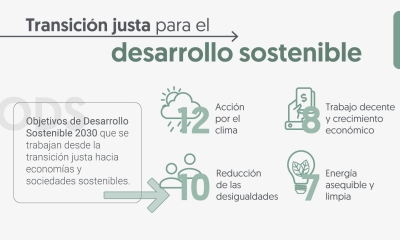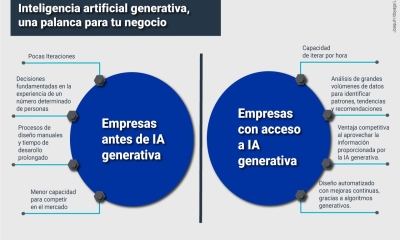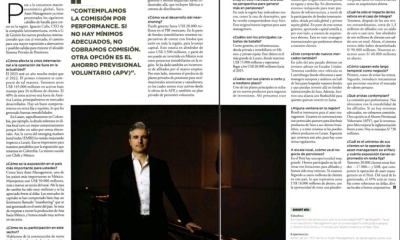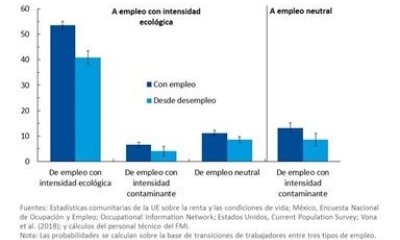According to the report developed by AFAP SURA, the market is expected to reactivate, finally driving the undertaking of projects that are very important for the country's economy.
As a result of the crisis generated by the coronavirus pandemic (COVID-19), the corporate issuance market dropped sharply during 2020, with a 75% decrease in the volume of new issuance compared to 2019, as stated in a report by AFAP SURA's risk area.
“This harsh setback reflects that the uncertainty generated by the pandemic caused both issuers and investors to be cautious, for fear of the potential deleterious impact it could have on corporate revenues as a result of the reduction in economic activity brought about by the virus,” explained Sebastián Peaguda, General Manager of AFAP SURA.
This is how the trusts, marketable bonds and shares of both the public and private sectors in our country reached only a quarter of the volume achieved in 2019.
The pandemic led to near-total paralysis during the most uncertain months, followed by a revival mirroring the country's sanitary situation. Overall, some US$ 255 million were issued, mostly clustered in the last quarter of the year. Over 90% was earmarked for financial trusts linked to various sectors of activity.
Hence, 2020 marks the second year in a row of reduction of the volume of new issuance by the corporate sector. This was preceded by a decade of significant growth until 2018, when they finally reached more than US$ 1 billion for the first time.
While corporate sector issuance accounts for only 10% of the Uruguay's stock market, its activity is relevant for the country's economy, as it provides funding to a range of projects that drive economic growth. Over the past ten years, some US$ 1.5 billion were captured for infrastructure projects through the stock market, including US$ 816 million for the forestry sector, US$ 774 million for power generation projects and, to a lesser extent, to finance projects from other sectors of the economy.
Financial trusts have been the instrument most commonly used for structuring financing; this may involve debt securities or stock certificates in the trust assets. By late 2020, this accounted for 73% of the current value of corporate instruments.
Pension funds managed by AFAPs are the main vehicle for channeling investment in these projects. The SURA report indicates that at the end of 2020 the AFAP system maintained 77% of the current value of corporate issuance; “This instrument enables us to enhance the worth of our customers’ savings and, in turn, promote projects relevant for strengthening the country's economy”, said Peaguda.
Wind farms (Arias, Pampa and Valentines) were the most operated corporate bonds in 2020, both in terms of figures (66%) and the volume traded (45%), largely explained by the high share of retail public that generates a high number of low-volume transactions.
In 2021, as people expect the pandemic to be better subdued, and getting leverage of low interest rates, SURA expects issuance from the corporate sector to resume its usual course financing new projects.











